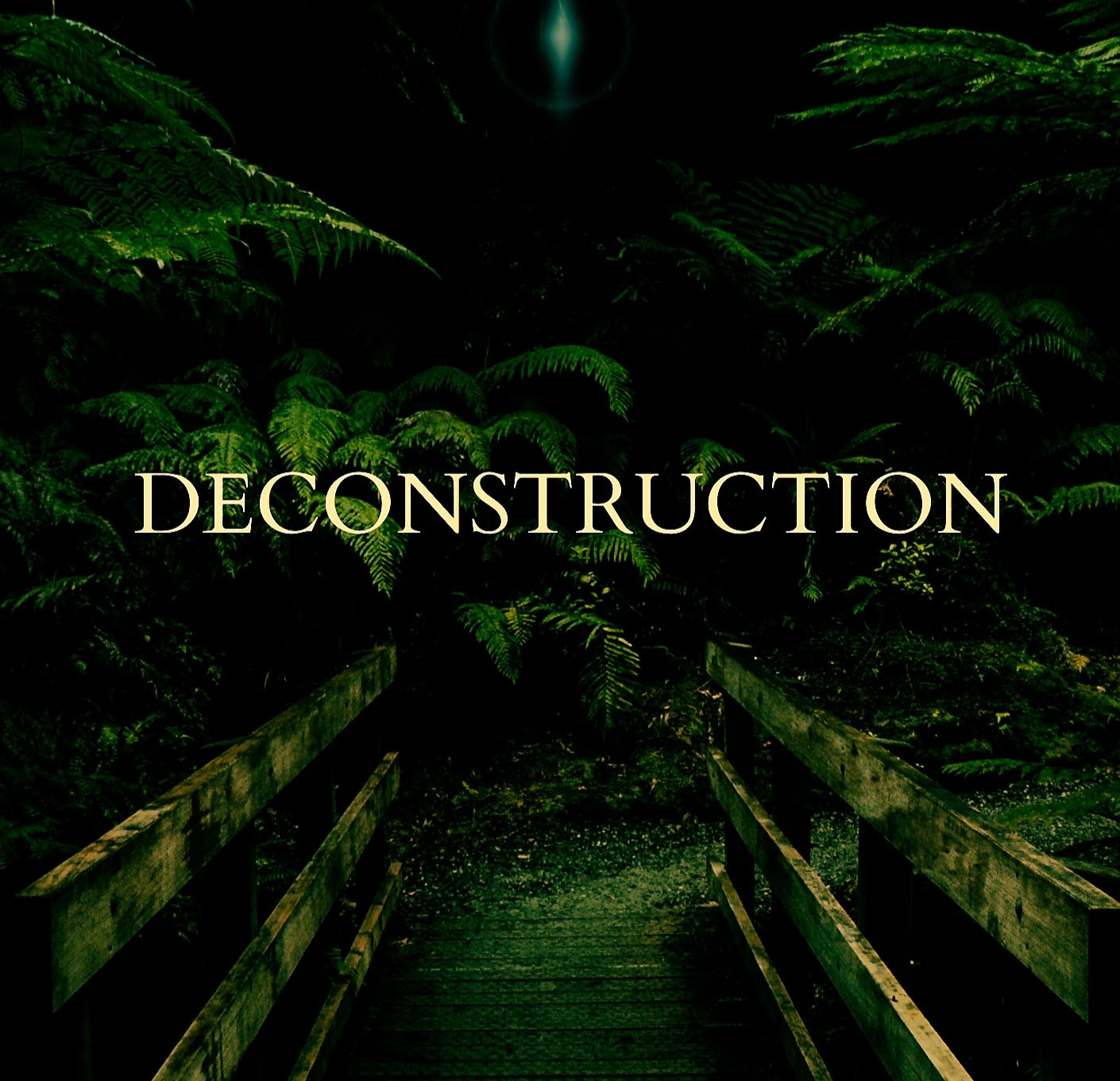We stand at the precipice of a new era in human history, one in which the once-unquestioned authority of religion is being challenged by the forces of reason, science, and modernity. For many, this is a cause for celebration, a sign of progress and enlightenment. But for others, it is a cause for fear and despair, a sign of the collapse of traditional values and the rise of nihilism and chaos.
At the heart of this debate lies the concept of "religion deconstruction," the process of breaking down the mythic structures and symbols that underpin religious belief and practice. On the one hand, this deconstruction can be seen as a necessary step towards intellectual freedom and self-awareness. On the other hand, it can be seen as a dangerous descent into darkness, a journey into the shadows of the human psyche where monsters lurk and nightmares come to life.
To understand the dark side of religion deconstruction, we must first understand the nature of religion itself. Religion is not just a set of beliefs or practices; it is a deeply embedded system of meaning and identity that shapes our entire worldview and sense of self. To challenge this system, therefore, is to challenge the very foundations of our being, to confront the fundamental questions of existence and meaning that lie at the heart of the human condition.
This is not an easy or comfortable task. To deconstruct religion is to face our deepest fears and uncertainties, to question our most cherished beliefs and values, to confront the possibility that our lives may be meaningless and our existence futile. It is to venture into the unknown, where the familiar landmarks of faith and tradition no longer hold sway, and where the only guide is the flickering light of reason and intuition.
For some, this journey is liberating and transformative, a path towards enlightenment and spiritual growth. For others, it is a descent into madness and despair, a journey into the abyss where all meaning and hope is lost. The dark side of religion deconstruction is the risk of losing our way, of losing ourselves in the endless maze of doubt and uncertainty, of becoming lost in the shadows and never finding our way back to the light.
But this risk is not inherent in the process of religion deconstruction itself. Rather, it arises from the way in which we approach this process, from the attitudes and beliefs that we bring to it. If we approach deconstruction with an open and curious mind, willing to explore the depths of our own psyche and the mysteries of existence, then we may find that the journey is both challenging and rewarding. But if we approach it with fear and resistance, clinging desperately to our old beliefs and values, then we may find that the journey is one of suffering and despair.
Ultimately, the dark side of religion deconstruction is not a matter of the process itself, but of our own inner demons and shadows. It is a challenge to confront the parts of ourselves that we would rather ignore or deny, to face our own mortality and impermanence, to accept the limits of our own knowledge and understanding. It is a journey that requires courage and humility, a willingness to embrace the unknown and to trust in the power of our own intuition and wisdom.
In the end, the choice is ours. We can embrace the dark side of religion deconstruction, allowing it to consume us and drag us down into the abyss. Or we can use it as a tool for growth and self-discovery, a path towards greater understanding and compassion. The choice is not an easy one, but it is a necessary one if we are to evolve as individuals and as a species.



Comments ()